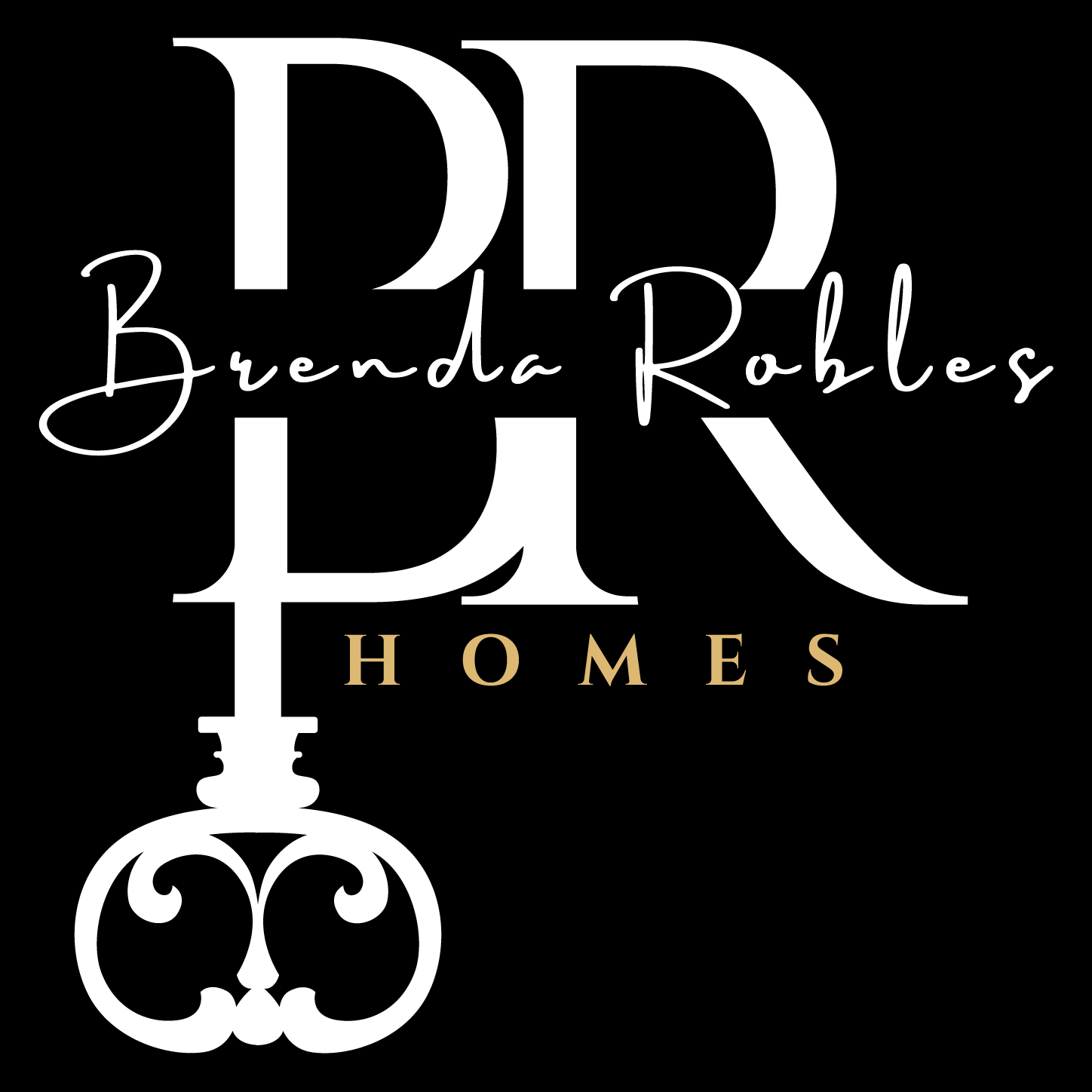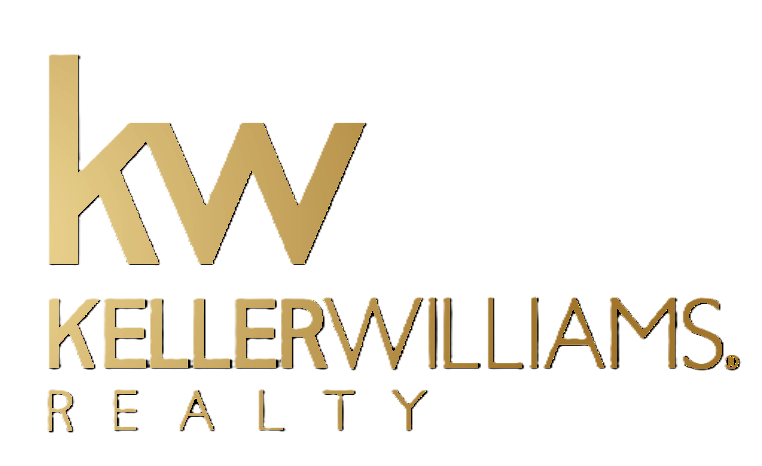Owning a home is a milestone that brings excitement, pride, and a sense of stability. For those embarking on this venture for the first time, the process can appear complex and overwhelming. However, with the right knowledge and preparation, home-buying becomes a rewarding experience. Grasping your financial preparedness, delving into the complexities of home loans, and selecting the ideal home are all crucial strides toward achieving the goal of homeownership. This guide aims to simplify the journey, providing valuable insights and practical tips to help first-time buyers confidently take the leap into homeownership.

Assessing Financial Readiness
Embarking on the home-buying journey starts with a thorough assessment of your financial readiness. Understanding your current financial situation is crucial in determining how much house you can afford and ensuring that you’re prepared for the responsibilities of homeownership. Start by examining your income, savings, and existing debts. A good rule of thumb is to keep your housing expenses, including mortgage, insurance, and property taxes, within 28% of your gross monthly income.
Building a solid savings foundation is essential. Beyond the down payment, which typically ranges from 3% to 20% of the home’s purchase price, there are closing costs, moving expenses, and potential home repairs to consider. Having an emergency fund that covers three to six months of living costs, aside from what you’ve planned for your home purchase, is a prudent financial move.
Your credit score plays a significant role in securing a mortgage with favorable terms. Lenders use this score to gauge your creditworthiness, which influences the interest rates and loan types available to you. Obtain your credit report from all three major bureaus—Equifax, Experian, and TransUnion—and review it for accuracy. Rectify any mistakes and boost your credit score through reducing debt and ensuring on-time payments.
Understanding the types of mortgages available and getting pre-approved can streamline your home search. Fixed-rate and adjustable-rate mortgages each have their advantages, and government-backed loans like FHA, VA, and USDA loans cater to different needs. Getting pre-approved helps you understand your budget and it also shows sellers that you’re a committed buyer.
Taking these initial steps ensures that you enter the home-buying process with a realistic understanding of your financial position and a strong foundation to support your journey toward owning a home.
Understanding Mortgage Options
Selecting the right mortgage is a pivotal decision in the home-buying process, influencing both your monthly payments and the total cost of your home over time. Considering the range of mortgage choices out there, it’s important to recognize their distinctions and select a type that fits your fiscal aspirations and situation.
Fixed-Rate Mortgages: These mortgages offer stability with an interest rate that remains constant throughout the loan term. They are available in various lengths, commonly 15, 20, or 30 years. A fixed-rate mortgage is ideal if you plan to stay in your home for a long period and prefer predictable monthly payments.
Adjustable-Rate Mortgages (ARMs): ARMs typically start with a lower interest rate than fixed-rate mortgages, which adjusts periodically based on market conditions. Common ARM terms include 5/1, 7/1, or 10/1, where the initial rate is fixed for the first 5, 7, or 10 years, respectively, and then adjusts annually. ARMs can be advantageous if you expect to move or refinance before the adjustment period begins.
Government-Backed Loans: These include FHA, VA, and USDA loans, each designed to meet specific needs. FHA loans, insured by the Federal Housing Administration, are popular among first-time buyers due to their lower down payment requirements and more lenient credit criteria. VA loans, backed by the Department of Veterans Affairs, offer favorable terms for veterans and active military members. USDA loans, supported by the U.S. Department of Agriculture, cater to buyers in eligible rural areas and require no down payment.
Jumbo Loans: For homes exceeding the conforming loan limits set by Fannie Mae and Freddie Mac, jumbo loans are available. These loans typically require a higher credit score, a larger down payment, and a more rigorous approval process.
Interest-Only Loans: With these loans, borrowers pay only the interest for a set period, usually 5-10 years, followed by payments that include both principal and interest. While this can lower initial monthly payments, it often results in a significant increase once the interest-only period ends.
Choosing the right mortgage involves evaluating your long-term plans, risk tolerance, and financial situation. Consulting with a mortgage advisor can provide personalized guidance, helping you make an informed decision that supports your homeownership goals.
Saving for a Down Payment
One of the most critical aspects of purchasing a home is saving for a down payment. This upfront payment, typically ranging from 3% to 20% of the home’s purchase price, can significantly impact your mortgage terms and monthly payments. For many first-time buyers, accumulating this sum can seem daunting, but with a strategic approach, it becomes achievable.
Setting a Target Amount: Begin by determining how much you need for a down payment. Research the home prices in your desired area and calculate the range of down payments required. Remember to factor in additional costs like closing fees, which can add another 2% to 5% of the home’s purchase price.
Creating a Budget: Analyze your current spending and identify areas where you can cut back to allocate more funds towards your down payment. This might involve reducing discretionary spending, dining out less, or postponing vacations. Redirect these savings directly into a dedicated down payment account.
Exploring Down Payment Assistance Programs: Many states and local governments offer first-time buyers down payment assistance programs. These programs can provide grants, low-interest loans, or tax credits that make saving for a down payment more manageable. Researching and applying for these programs can significantly boost your savings.
Automating Savings: Set up automatic transfers to your down payment savings account to ensure consistent progress. Treat this transfer as a non-negotiable monthly expense, similar to rent or utility bills, to build your savings steadily over time.
Maximizing Income: Consider ways to increase your income to accelerate your savings. This could involve taking on a part-time job, freelancing, or selling unused items. Any additional income should be directed towards your down payment fund.
Investing Wisely: Depending on your timeline, investing a portion of your savings in low-risk investment accounts can help grow your down payment fund. Consult with a financial advisor to explore options that match your risk tolerance and time horizon.
Utilizing Windfalls: Any unexpected financial gains, such as tax refunds, bonuses, or monetary gifts, should be funneled directly into your down payment savings. These windfalls can provide a significant boost and shorten your savings timeline.
Saving for a down payment requires discipline, planning, and patience. By setting clear goals, making strategic financial decisions, and leveraging available resources, you can accumulate the necessary funds and move closer to your dream of homeownership.
Getting Pre-Approved for a Mortgage
Securing a mortgage pre-approval is a vital step in the home-buying process, providing a clear picture of your budget and demonstrating to sellers that you are a serious buyer. Pre-approval is when a lender examines your financial status, including your earnings, credit background, debts, and assets. This process not only confirms your eligibility for a mortgage but also specifies the loan amount you qualify for, allowing you to focus your home search within your price range.
To begin, gather essential financial documents such as recent pay stubs, tax returns, bank statements, and information on any outstanding debts. These documents provide lenders with a comprehensive view of your financial health. Your credit score will also be a significant factor in the pre-approval process. A higher credit score can lead to more favorable loan terms, so it’s beneficial to check your credit report beforehand and address any inaccuracies or issues.
Once your documentation is in order, choose a lender. Research different lenders, including banks, credit unions, and mortgage brokers, to find one that offers competitive rates and terms. Many buyers opt to get pre-approved by multiple lenders to compare offers. When applying for pre-approval, you will submit your financial documents and consent to a credit check. The lender will then evaluate your financial status and provide a pre-approval letter detailing the maximum loan amount you can borrow and the estimated interest rate.
Having a pre-approval letter in hand offers several advantages. It helps you set a realistic budget, ensuring you look at homes within your financial reach. Additionally, it signals to sellers and real estate agents that you are a committed and capable buyer, which can strengthen your position in a competitive market. Some sellers may even prefer offers from pre-approved buyers over those who have not secured financing.
Pre-approval is generally valid for 60 to 90 days, so it’s important to continue managing your finances responsibly during this period. Avoid taking on new debts or making significant purchases that could affect your credit score or debt-to-income ratio. If your financial situation changes significantly, you may need to update your pre-approval with your lender.
Overall, obtaining mortgage pre-approval streamlines the home-buying process, providing clarity and confidence as you navigate the market. It empowers you to make informed decisions and move swiftly when you find the perfect home.
Finding the Right Real Estate Agent
Choosing the right real estate agent can significantly impact your home-buying experience, providing expert guidance and support throughout the process. A skilled agent can help you navigate the complexities of the market, negotiate effectively, and ultimately secure your ideal home. Here are key considerations to ensure you find an agent who meets your needs and enhances your home-buying journey.
Start by seeking recommendations from friends, family, and colleagues who have recently purchased homes. Personal referrals often provide reliable insights into an agent’s professionalism, expertise, and approach. Additionally, online reviews and ratings on platforms like Zillow, Realtor.com, and Google can offer a broader perspective on potential agents in your area.
Interviewing multiple agents is crucial to finding the right fit. During these conversations, inquire about their experience, particularly with first-time homebuyers and the local market. An agent with a deep understanding of the neighborhoods you’re interested in can provide valuable insights into market trends, property values, and community amenities. Discuss their communication style and availability to ensure they can meet your expectations for responsiveness and support.
Verify the agent’s credentials and track record. Seek out real estate agents holding valid licenses and memberships with well-respected industry groups, for instance, the National Association of Realtors. Membership in such organizations often indicates a commitment to ongoing education and adherence to ethical standards. Review their recent sales history to gauge their success rate and familiarity with transactions similar to yours.
An effective agent should also be a skilled negotiator, capable of advocating for your best interests during offer and contract discussions. Ask about their negotiation strategies and past experiences securing favorable terms for clients. Understanding their approach can give you confidence in their ability to represent you effectively.
Beyond qualifications and experience, trust your instincts when selecting an agent. A good rapport and mutual trust are essential for a smooth working relationship. Your agent should listen to your needs, answer your questions patiently, and provide honest advice tailored to your unique situation.
Once you’ve chosen an agent, maintain open and regular communication. Share your priorities, budget, and any concerns you have about the process. A transparent relationship ensures that your agent can better assist you in finding homes that align with your preferences and making informed decisions.
In summary, finding the right real estate agent involves careful research, interviews, and a focus on both professional credentials and personal rapport. A well-chosen agent will not only simplify your home-buying experience but also enhance your confidence and satisfaction as you move towards homeownership.
Offers and Negotiations
Navigating offers and negotiations is a pivotal aspect of the home-buying process, requiring a strategic approach and a clear understanding of market dynamics. Successfully negotiating an offer can save you money and secure favorable terms, making it essential to approach this phase with preparation and insight.
Once you’ve found a home that meets your criteria, the first step is to determine a competitive offer price. Conduct a comparative market analysis (CMA) with your real estate agent to evaluate the prices of similar homes recently sold in the area. This analysis provides a realistic benchmark, helping you avoid overbidding or underbidding. Your agent’s expertise in local market conditions can further refine your offer strategy.
Crafting a strong initial offer involves more than just the price. Consider including terms and conditions that appeal to the seller. A clean offer with minimal contingencies is often more attractive, as it suggests fewer potential hurdles before closing. However, essential contingencies like a home inspection and financing should remain to protect your interests. A home inspection contingency allows you to back out or renegotiate if significant issues are found, while a financing contingency ensures you can withdraw your offer if your mortgage is not approved.
Presenting a pre-approval letter alongside your offer demonstrates financial readiness and seriousness, bolstering your credibility. Sellers are more likely to consider offers from buyers who have secured financing, as it reduces the risk of the deal falling through.
Personalizing your offer can also make a difference. Writing a letter to the seller explaining your admiration for the home and how you envision living there can create an emotional connection. This approach can be particularly effective if the seller has strong sentimental ties to the property and wants to ensure it goes to someone who will appreciate it.
Be prepared for counteroffers and negotiations. Sellers may respond with different terms or a higher price, prompting a back-and-forth discussion. Establishing a clear maximum budget and knowing your priorities will help you navigate these negotiations effectively. Decide in advance which aspects you’re willing to compromise on and which are non-negotiable. Your agent will play a crucial role in advising you and facilitating communication with the seller.
Timing can influence the outcome of your offer. In a competitive market, acting quickly and presenting a strong initial offer can help you stand out. Conversely, if the property has been on the market for a while, there may be more room for negotiation. Understanding the seller’s motivation, whether it’s a quick sale or getting the best price, can also inform your strategy.
Negotiations aren’t solely about the price. Other factors like the closing date, possession terms, and the inclusion of certain appliances or fixtures can be adjusted to meet both parties’ needs. Flexibility and creativity in these areas can sometimes bridge gaps that price alone cannot.
Once an agreement is reached, ensure all terms are clearly documented in the purchase contract. This legal document outlines the agreed-upon price, contingencies, and other critical details, providing a binding framework for the transaction.
In essence, successful offers and negotiations require thorough preparation, clear communication, and strategic thinking. By leveraging market insights, crafting a compelling offer, and negotiating effectively, you can secure a deal that meets your needs and leads you closer to homeownership.
The Closing Process
The closing process is the final, crucial step in the home-buying journey, where ownership of the property officially transfers from the seller to the buyer. This stage requires careful attention to detail and involves several key steps to ensure a smooth and successful transaction. A few days before closing, you’ll receive the Closing Disclosure, a comprehensive document outlining the final loan terms, monthly payments, fees, and other costs. It’s important to compare this document with the Loan Estimate you received at the start of your mortgage application to ensure there are no significant discrepancies. If you notice any errors or have questions, address them with your lender immediately to avoid last-minute issues.
Before closing, a final walk-through of the property is typically scheduled within 24 hours. This walk-through ensures that the home is in the agreed-upon condition, that all requested repairs have been completed, and that the property is vacant and clean. This is your last opportunity to verify that everything is in order before taking ownership. If any problems arise during the walk-through, discuss them with your real estate agent to determine the best course of action.
Arranging the necessary funds for the down payment, closing costs, and any other related expenses is another critical aspect of the closing process. Your lender will provide a final amount, which should be transferred to the escrow account via a wire transfer or certified check. It’s essential to avoid any large financial transactions or changes in your financial status during this time, as they could impact your loan approval.
On closing day, you’ll meet with your real estate agent, lender, closing agent, and possibly the seller to sign a series of legal documents. These include the mortgage agreement, promissory note, deed of trust, and title documents. It’s important to review each document carefully and ask questions if anything is unclear. Your agent or attorney can help explain any terms or conditions to ensure you fully understand your obligations and rights as a new homeowner.
After all the documents are signed and funds are transferred, the closing agent facilitates the transfer of ownership by updating the title and recording the deed with the local government office. Title insurance is typically issued at this stage, protecting you against any future claims or disputes over property ownership. Once this process is complete, you’ll receive the keys to your new home, marking the official completion of the purchase and the beginning of your life as a homeowner.
After closing, there are a few additional tasks to handle. Update your address with the post office, utility companies, and other relevant entities, and set up new accounts for essential services like electricity, water, internet, and gas. It’s also wise to review your homeowner’s insurance policy to confirm coverage details and make any necessary updates. Lastly, keep all closing documents, such as the deed, mortgage agreement, and Closing Disclosure, in a safe place for future reference, as you may need them for tax purposes, refinancing, or selling the home in the future.
The closing process, while complex, is the final step that officially makes you a homeowner. By carefully reviewing documents, conducting a thorough walk-through, and coordinating the necessary financial details, you can ensure a smooth transition and start enjoying your new home with peace of mind.
Taking the Final Step to Homeownership
Embarking on the journey to homeownership is an exciting and rewarding venture. From assessing your financial readiness to navigating the closing process, each step brings you closer to owning your dream home. Understanding mortgage options, saving for a down payment, getting pre-approved, finding the right real estate agent, and effectively negotiating and closing on a home are all critical components that pave the way to a successful purchase.
When you’re ready to take this significant step, having a knowledgeable and dedicated partner can make all the difference. Reach out to me for expert guidance and support throughout the entire process. Together, we can make your home-buying experience seamless and enjoyable, ensuring you find a home that meets your needs and fulfills your dreams. Your path to homeownership is just a call away—contact me today to get started on this exciting journey.


